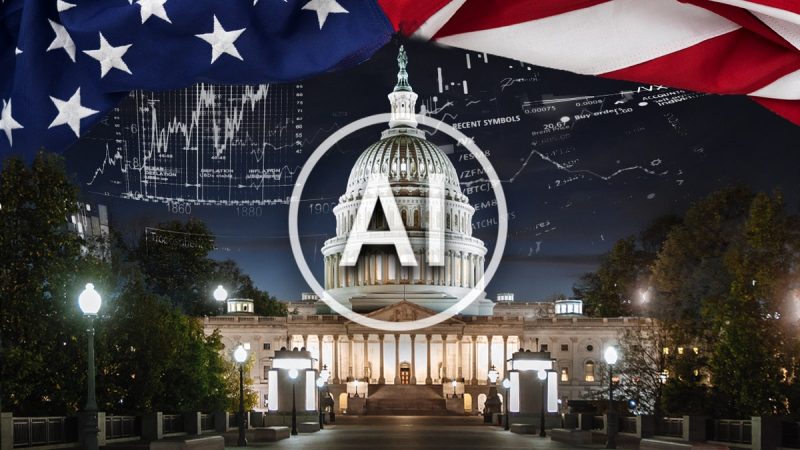The Senate is set to take up the growing debate over the potential effects of artificial intelligence (AI)on the US energy landscape. With many energy companies using AI technology to optimize energy production and distribution, the regulatory landscape is rapidly changing, and the Senate will need to grapple with how to ensure that the use of AI is both beneficial to the US energy industry and protective of consumer rights.
The Senate Energy and Natural Resources Committee is expected to hold a hearing on the issue, following a recent study by the National Academy of Science that found that the US government needs to consider ways to regulate AI used for energy-related activities. The study examined areas such as data privacy, security, and ethics, as well as AI’s impacts on consumer choice and energy markets. Questions of how the US energy authorities should adapt and manage the use of AI in the area must be addressed and framed properlyin order to ensure the best protection of all stakeholder interests.
Key industry-related factions and their respective trade associations are expected to be present at the hearing, such as the Electric Power Supply Association, the Edison Electric Institute, the Solar Energy Industries Association, and the Alliance for Responsible Energy Regulation. Representatives from major AI companies active in the energy space will likely be asked to testify, including Google, Microsoft, and IBM.
Consumer rights and environmental protection organizations, such as the Civic Nation and the Environmental Defense Fund, are also expected to be at the hearing to advocate for the protection of consumers and the environment in the use of AI.
As energy companies continue to deploy AI in their operations, lawmakers must ensure that issues such as data privacy and security are prioritized. At the same time, they must be mindful of permitting a competitive landscape and providing protection for consumers. It is expected that the Senate will discuss long-term regulatory measures for AI’s use in the US energy landscape to ensure fairness, consumer protection, and the sustainability of the US energy industry.
